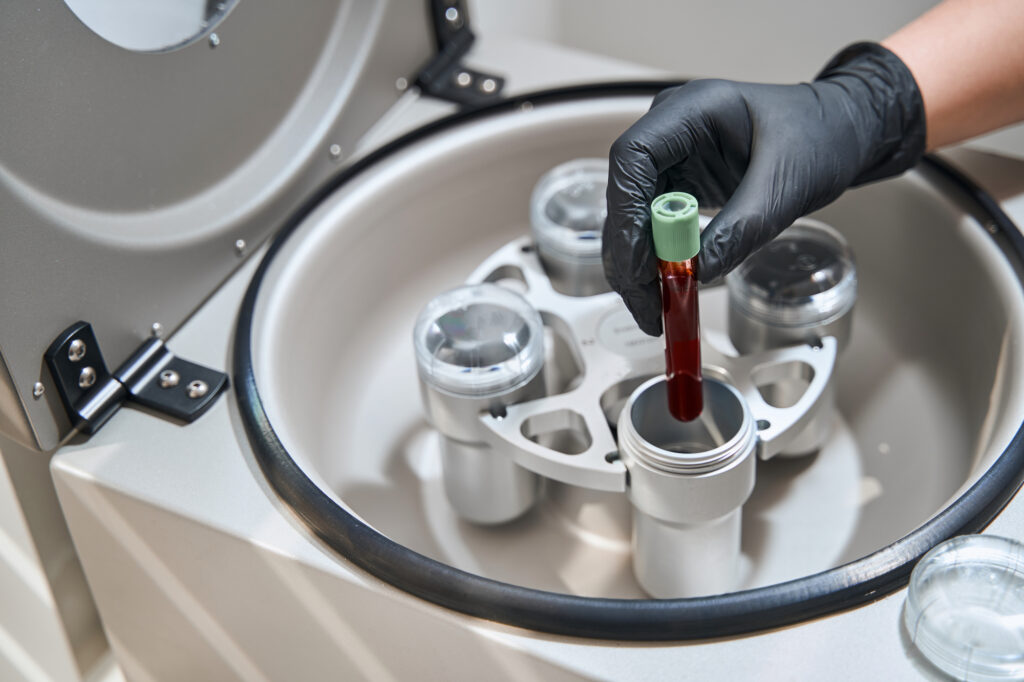How the Hormone Regulates Fertility and More
Progesterone is a hormone that is produced in the ovaries and is responsible for regulating the menstrual cycle in women. It plays a critical role in preparing the uterus for pregnancy and is essential for maintaining a healthy pregnancy. In addition to its reproductive functions, progesterone has a range of other important benefits for women’s health and wellness. According to the American College of Obstetricians and Gynecologists (ACOG), progesterone is often used to regulate menstrual cycles and support pregnancy in women with certain medical conditions.
Progesterone Regulating Fertility
One of the most significant roles of progesterone is in regulating fertility. It is responsible for preparing the uterine lining for implantation of a fertilized egg and helps to maintain a healthy pregnancy. Progesterone levels are highest in the second half of the menstrual cycle and are critical for successful conception and pregnancy. Low levels of progesterone can lead to infertility, miscarriage, and other complications. According to a study published in the Journal of Human Reproductive Sciences, progesterone is used in infertility treatment to increase the chances of successful conception and pregnancy.
Maintaining Bone Density and Osteoporosis Prevention
Progesterone also plays a key role in maintaining bone density and preventing osteoporosis in women. It helps to stimulate the growth of new bone tissue and has been shown to reduce the risk of fractures in postmenopausal women. Progesterone therapy may be recommended for women who are at risk of osteoporosis, particularly those who have had a hysterectomy or are taking estrogen replacement therapy. A study published in the journal Climacteric suggests that progesterone therapy can be an effective treatment for postmenopausal women with osteoporosis.
Regulating Mood and Improve Sleep
In addition to its reproductive and bone-building functions, progesterone has been shown to have a range of other health benefits for women. It helps to regulate mood and improve sleep, and may also have a protective effect against certain types of cancer. Some studies have even suggested that progesterone may have anti-inflammatory properties and could be helpful in treating conditions such as arthritis and lupus. According to a review published in the Journal of Clinical Endocrinology and Metabolism, progesterone may have anti-inflammatory effects that could be beneficial for a range of health conditions.
Overall, empowering women with the knowledge and resources to understand the role of progesterone in their health and wellness can have a significant impact on their quality of life. From regulating fertility to supporting bone health and beyond, progesterone is a powerful hormone that plays a critical role in women’s health. By working with healthcare providers and staying informed about the latest research and treatment options, women can take charge of their reproductive and overall health with confidence and empowerment.
Sources:
- American College of Obstetricians and Gynecologists (ACOG). (2021). Progesterone. Retrieved from https://www.acog.org/womens-health/faqs/progesterone
- Shalini, S., & Nair, R. (2010). Role of progesterone in infertility treatment. Journal of Human Reproductive Sciences, 3(3), 135-140. doi: 10.4103/0974-1208.74151
- Prior, J. C. (2018). Progesterone for the prevention and treatment of osteoporosis in women. Climacteric, 21(4), 366-374. doi: 10.1080/13697137.2018.1466227
- Evans, M., Howard, M. G., & Ursin, G. (2019). Is progesterone a therapeutic option for women with breast cancer? Endocrine-Related Cancer, 26(8), R467-R



